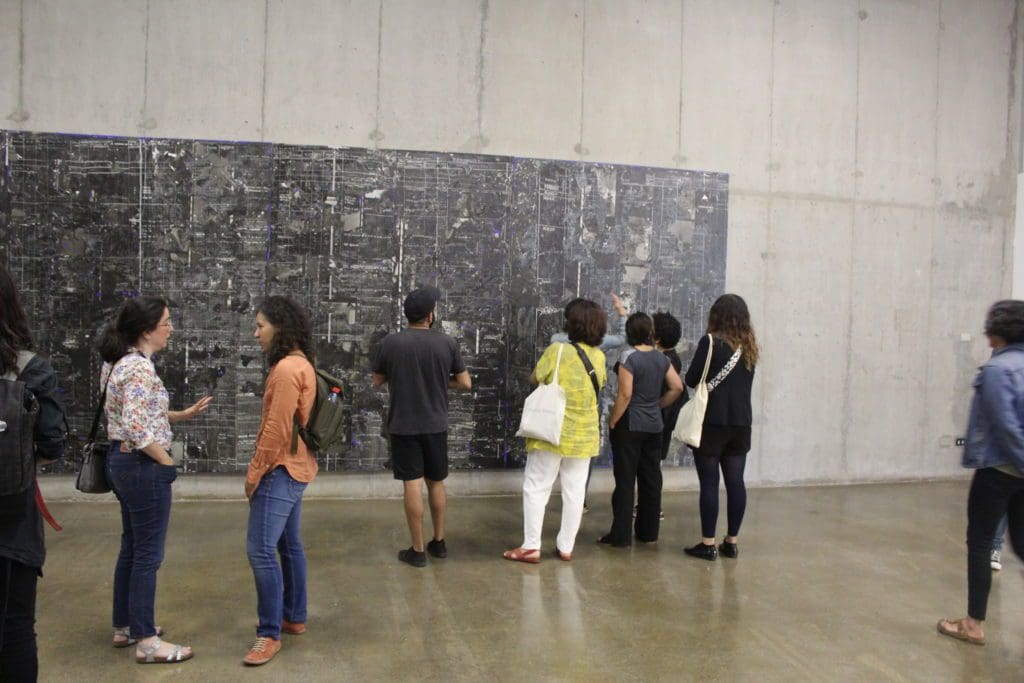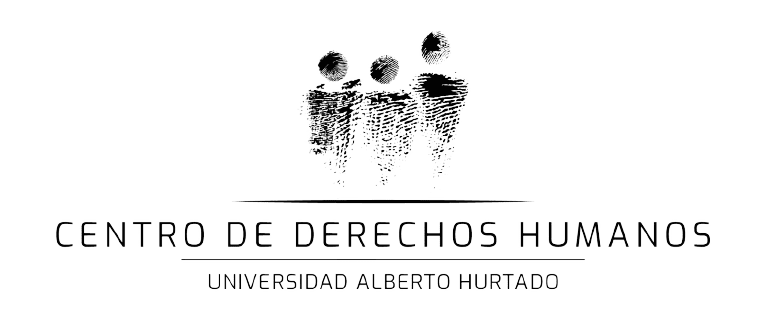México (9-14 September 2019)
The activities made it possible to understand the importance of registration methods currently acquired in Mexico for the processes of denunciation, search and identification of missing persons, in which the participation of state agents, drug cartels and person trafficking is highly probable, as well as the existence of alliances between them. However, this type of crime has a history in the so-called dirty war, whose records are part of memory sites and archives visited as Morelia 8 and M68 ciudadanías en movimiento.
Another highlight was the use of technological tools to facilitate and record complaints, identification data of missing persons in a context in which the magnitude (figures) of disappearances is not determined reliably and recently (2017) the Ley General en Materia de Desaparición Forzada de Personas (Forced Disappearance of Persons General Law) was promulgated, which is in the process of being implemented. In this complex scenario, family groups that have assumed the search for clandestine graves in collaboration with forensic anthropologists have played an active role.
Colombia (21-25 October 2019)
After signing the Agreement for Peace (Acuerdo para la Paz) in 2016, the Colombian state has developed institutions in the field of transitional justice and for the processes of memory, truth, reparation and non-repetition. In this regard, the registration process taking place at the People Search Unit is essential for advancing in the location of victims of forced disappearances, from a humanitarian and integral approach.
The location and quantification of victims of forced disappearance is also an objective of the Special Jurisdiction for Peace (Jurisdicción Especial para la Paz, JEP). The multi-scaled geopolitical analysis of the territories and conflict zones is a strategy to identify search areas that need to be protected. Regarding the processes of memory, in the Center for Memory, Peace and Reconciliation there was a guided visit that allowed us to understand the orientations, decisions and challenges linked to the permanent exhibition, as well as its relationship with forced disappearance groups and educational institutions.
It was also possible to have a dialogue with civil society organizations and human rights defenders, such as, the National Movement of Victims of State Crimes (MOVICE), Libertad Legal Corporation (Corporación Jurídica Libertad), Orlando Fals Borda Collective, and the Colombian Network of Memory Places (Red Colombiana de Lugares de Memoria). This interaction helped to understand, from the trajectory of emblematic activists and organizations, the strategies of articulation and socio-political influence, as well as the problems related to judicial processes and the integral support expected by victims. In the same way, it was possible to know from the testimony of relatives of victims who belong to indigenous and Afro-descendant peoples the relevance of the recognition of the spiritual and community dimensions in the usually invisible processes of finding the corpses.
Chile (18-22 November 2019)
This meeting was held around two central events, as a results of the synergies of the following research projects: “Beyond the Victim’s Paradigm” (Regular Fondecyt 1190834), “Political Technologies of Memory” (Anillos-PIA SOC180005), and the Newton Prize for the Americas “Political violence and human rights violation accountability: circumstances, uses and effects of forced disappearance registration. Lessons from a comparative perspective in the Americas”. The first event was the realization of the International Conference “Appropriations of the past. Reconfiguring the common,” that allowed discussing the political, judicial and social tensions that underlie the relationship between memory, violence, justice, and its effects on the social and political configurations of the present in the Chilean context and also as a Latin American experience.
The second event, called “Registration and search of detainees disappeared by the dictatorship in Chile,” corresponded to a meeting with civil society and state organizations, organized around two panels. The objective of the first one was to expose the criteria and modalities of qualification, identification and reparation of the forced disappearance from the perspective of the state and of victims. In this sense, the passive vision of the victim is challenged and the social and political activism of the past and the present is claimed. The second panel focused on the meaning, value, and access to the testimonial oral archives in memory sites. On this occasion it was possible to know the problems, tensions, the incorporation of new voices, such as the projections in the present of the archival documents.







Comentarios recientes